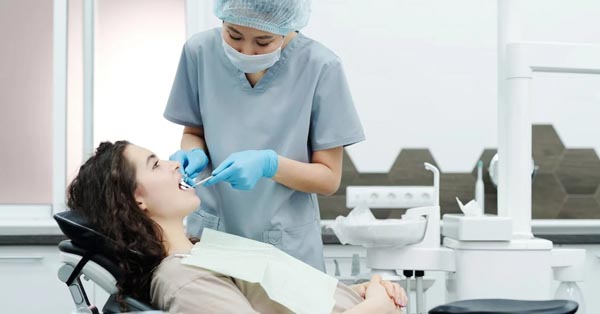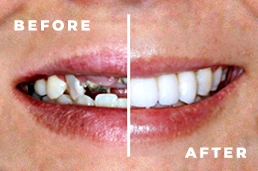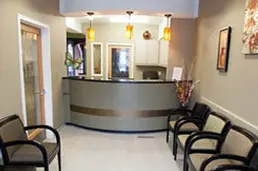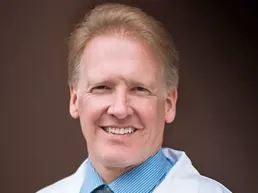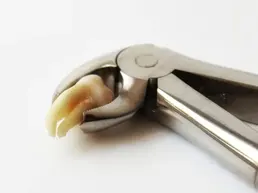Dental Care and COVID-19: What You Should Know
When COVID-19 reached the United States, health care providers, including dentists, had little choice but to prioritize urgent and emergency services. As a result, many nonessential but vital preventive appointments ended up postponed. These steps helped minimize the risk of virus transmission and preserved personal protective equipment (PPE) for providers on the front lines. But they also limited access to routine care.
With each passing day, researchers continue learning more and more about COVID-19. At the same time, the Centers for Disease Control and Prevention (CDC) keep updating their guidelines so nonemergency care can safely resume, ensuring men, women, and children across the country can get the preventive services they need.
Here's what our experienced team at The Dental Touch in Oakland, California, wants you to know about going to the dentist during the current pandemic.
How COVID-19 spreads
A specific virus, known as SARS-Co-V-2, causes COVID-19. This is still considered a new disease, but researchers believe it spreads through respiratory droplets when someone infected sneezes, coughs, or talks.
What makes this virus especially contagious is that it can survive in the air for hours and on certain surfaces for days. Plus, it can pass from person to person, even with no symptoms present.
Because of these characteristics, getting dental care during the pandemic requires special infection control considerations. However, it's also important to note that, while health care professionals have tested positive for COVID-19, clusters of infection haven't been reported in dental settings or among dental health care personnel.
COVID-19 and dental care
It's no surprise that dental care involves your mouth, but many tools we use, including air-water syringes, ultrasonic scalers, and surgical instruments, can create a visible spray. Since we're working in your mouth, these sprays can contain tiny droplets of saliva, blood, microorganisms, and other infectious agents - like SARS-Co-V-2.
Our team has always taken standard precautions while providing dental care, including:
- Proper hand and respiratory hygiene
- Sterilization of instruments and devices
- Cleaning and disinfecting surfaces
We also use personal protective equipment, like gloves, masks, and eyewear. However, surgical masks don't provide complete protection when it comes to inhaling potentially infectious airborne agents.
Getting dental care during the pandemic
We closely follow recommendations from the Department of Health and CDC for the safety of our staff and patients. At this time, our office remains open for emergency dental services, including:
- Sustaining trauma to your mouth
- Developing severe or significant pain in a tooth, teeth, or jaw
- Having swollen or painful gums
- Getting a cracked, broken, or knocked-out tooth
- Bleeding that won't stop
- Noticing abnormal tissue
As we begin resuming nonemergency dental care in the future, you can rely on us to follow the latest research and recommendations regarding workplace practices, sterilization and disinfection, and patient and dental healthcare personnel management.
To learn more about getting dental care during the COVID-19 crisis, contact our office at 510-328-7799 or request a consultation online today.
